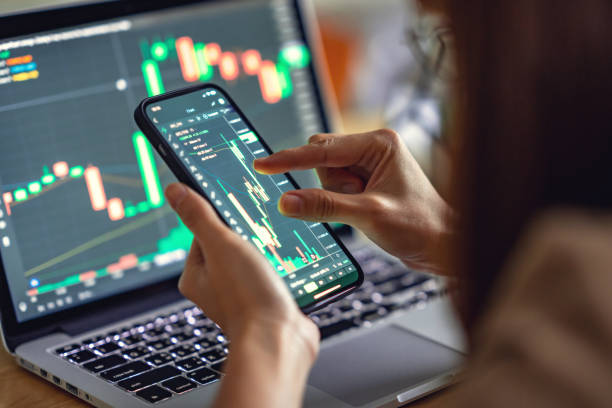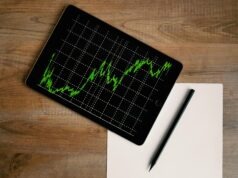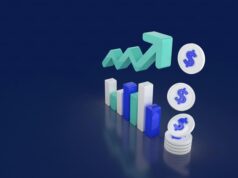
Are you looking to get started in the world of foreign exchange trading? Forex trading can be an incredibly lucrative and rewarding form of investing, but it also carries a lot of risks. Before you get started, it’s important to make sure you understand the basics of forex trading, including the different types of trades, the various platforms and tools used, and the different strategies available. In this blog post, we’ll provide an overview of forex trading and everything you need to know to get started.
The Basics of Forex Trading
Forex trading, also known as currency trading, is the act of buying and selling different currencies on the foreign exchange market. Trading in the forex market involves speculating on the rise and fall of currency prices, taking advantage of market fluctuations to make profits. The exchange rate tells you how much of one currency you need to purchase another. For example, if the exchange rate for US Dollars to Euros is 1.20, then it means you need to spend 1.20 USD to buy 1 EUR.
The Different Types of Orders
When trading forex, you need to be aware of the different types of orders that can be placed. A market order is the most basic order and simply allows you to buy or sell a currency pair at the prevailing price. A limit order allows you to specify a maximum price to pay or a minimum price to sell, to avoid taking on too much risk. A stop order helps traders protect their profits by setting an order to close out a position once it reaches a certain price.
The Advantages of Forex Trading
One of the major advantages of forex trading is the high liquidity and volume of trades. This means that there is always someone willing to buy or sell a currency pair, making it possible to execute trades quickly. Additionally, forex trading allows you to leverage your capital by borrowing funds from your broker, allowing you to potentially increase your profits. Forex trading also has a low barrier to entry when compared to other types of investing.
The Risks of Forex Trading
Trading in the foreign exchange market is not without risks. Exchange rate fluctuations can cause large losses in a short period, and leverage can magnify both profits and losses. Additionally, many brokers require traders to have significant capital reserves and may impose restrictions on certain types of trades. Regulatory oversight is limited, meaning some brokers may not adhere to ethical practices. Currency rates are also affected by macroeconomic events and news.
How to Start Forex Trading
The most important thing is start forex trading is to find a broker or trading platform that fits your needs. Begin trading with a practice account. A practice account allows you to place trades with virtual money and get a feel for how the market works without risking any real funds. You can use this opportunity to gain experience and understand the risks associated with each type of order before you start trading with real money. Once you are comfortable enough, you can fund your account with real money and begin trading.


































